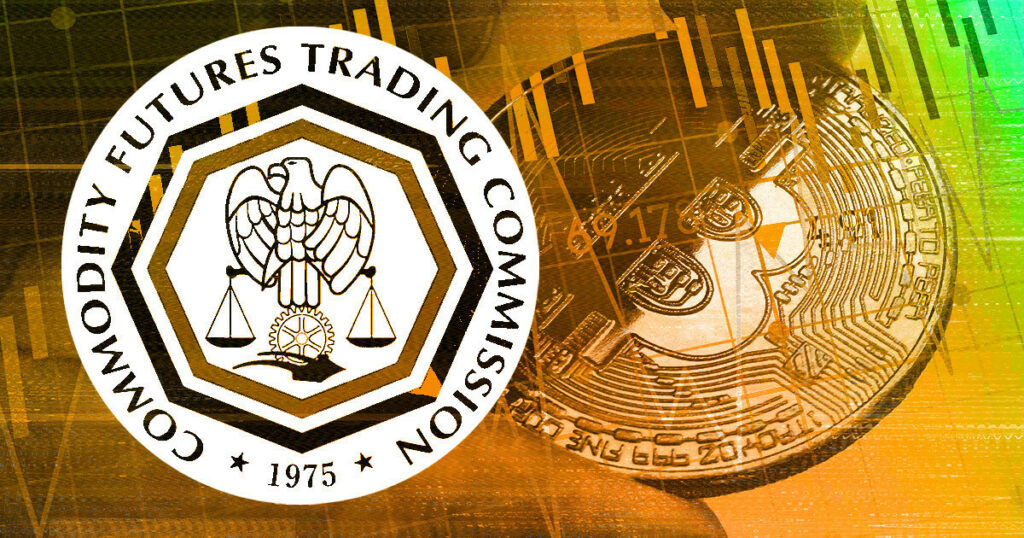The U.S. Commodity Futures Trading Commission (CFTC) committed to regulating crypto tokens not classified as securities during a conference on Feb. 3.
CFTC chairman Rostin Behnam explained the regulator’s stance during the ABA Business Law Section Derivatives & Futures Law Committee Winter Meeting.
There, Benham said that there is more room for crypto regulation. He said:
“There remains a gap in crypto cash market regulation for non-security tokens, and I believe the CFTC is well positioned to fill this specific gap if Congress so chooses.”
Benham said that the CFTC will engage with the latest meeting of Congress to achieve that end. The 118th U.S. Congress began on Friday and will last for two years until Feb. 3, 2025. It maintains a Democratic Senate majority but introduces a Republican House majority — one factor that could impact the CFTC’s interactions with lawmakers.
Benham highlighted various bankruptcies and collapses in 2022 and said that regulation is needed to protect customers and limit failures.
He then described the CFTC’s efforts in the crypto space. Benham noted that the CFTC’s compliance branch has asked crypto derivatives platforms to demonstrate regulatory compliance. He added that the CFTC carries out regular meetings with registered platforms. He also said that one CFTC division is considering whether certain platforms that trade crypto derivatives should introduce trading restrictions on their employees.
Benham additionally highlighted specific CFTC cases from the past year, including a landmark case against OokiDAO and a case against FTX and Alameda Research.
He noted that the CFTC has brought forward 69 actions involving digital assets to date, adding that cases involving digital assets made up 20% of the regulator’s 82 actions last year. He called these results “outstanding” due to the CFTC’s “very limited authority.”
The CFTC currently plays a more minor role in crypto regulation than the U.S. Securities and Exchange Commission (SEC). The SEC dominates the area because many crypto projects can be considered securities. The SEC often penalizes crypto exchanges, lending platforms, and token sales and offerings and takes action against fraud.
Developments last year suggested that the CFTC could gain a greater role in crypto regulation. SEC chairman Gary Gensler also endorsed granting a larger role to the CFTC.

